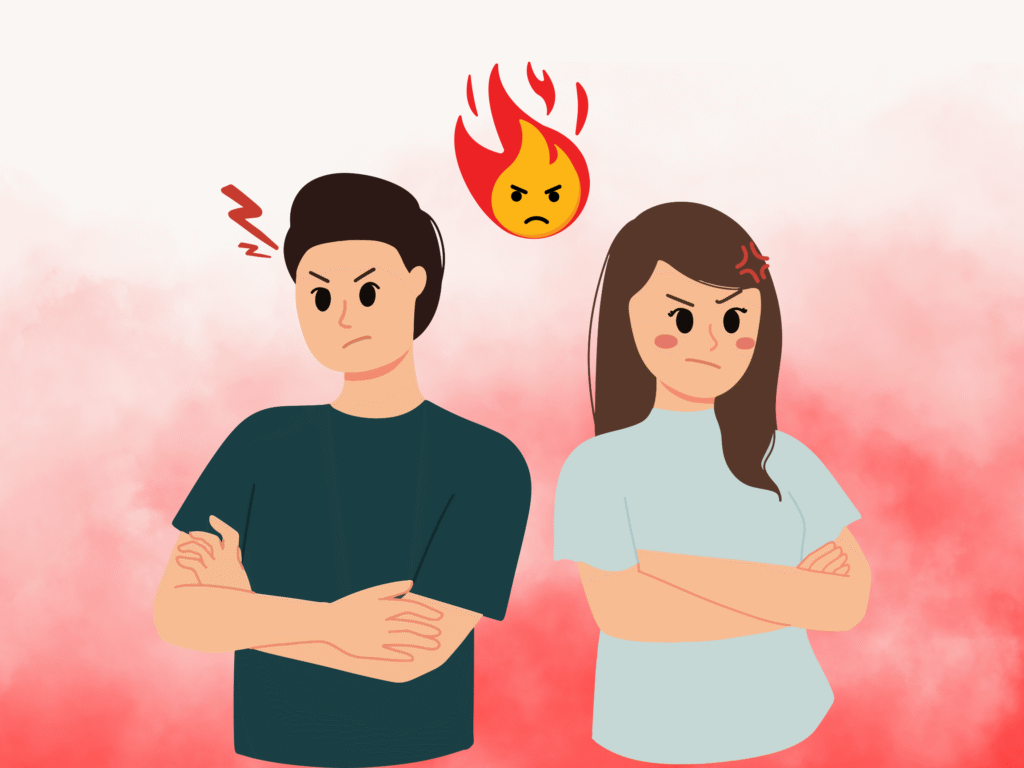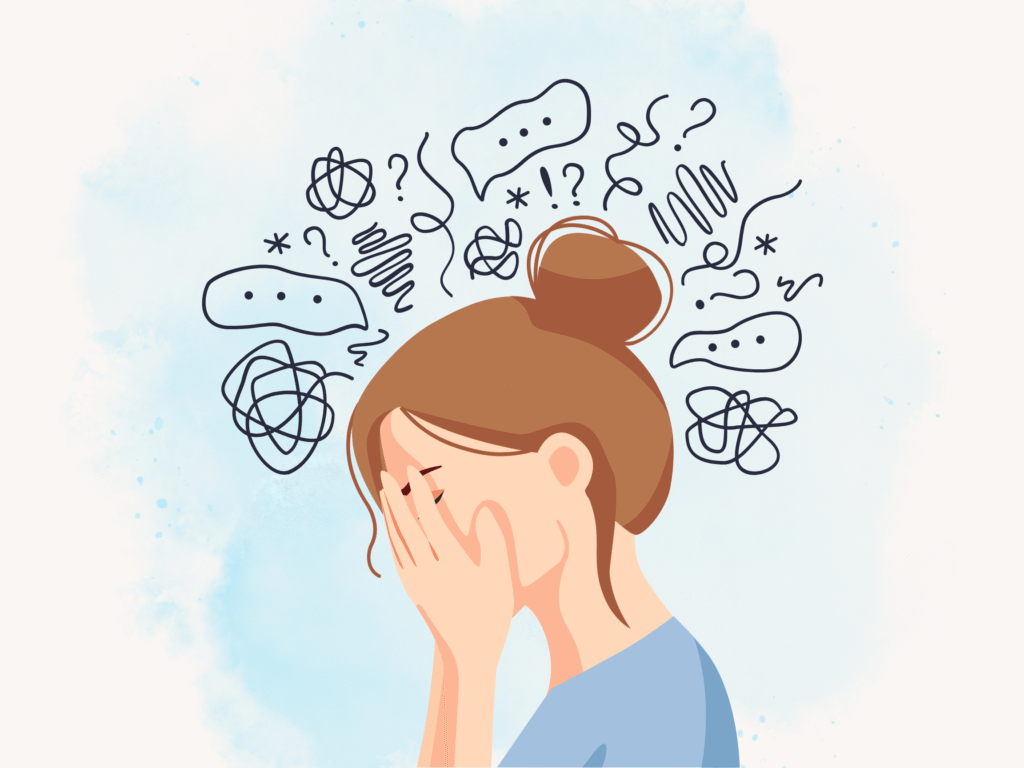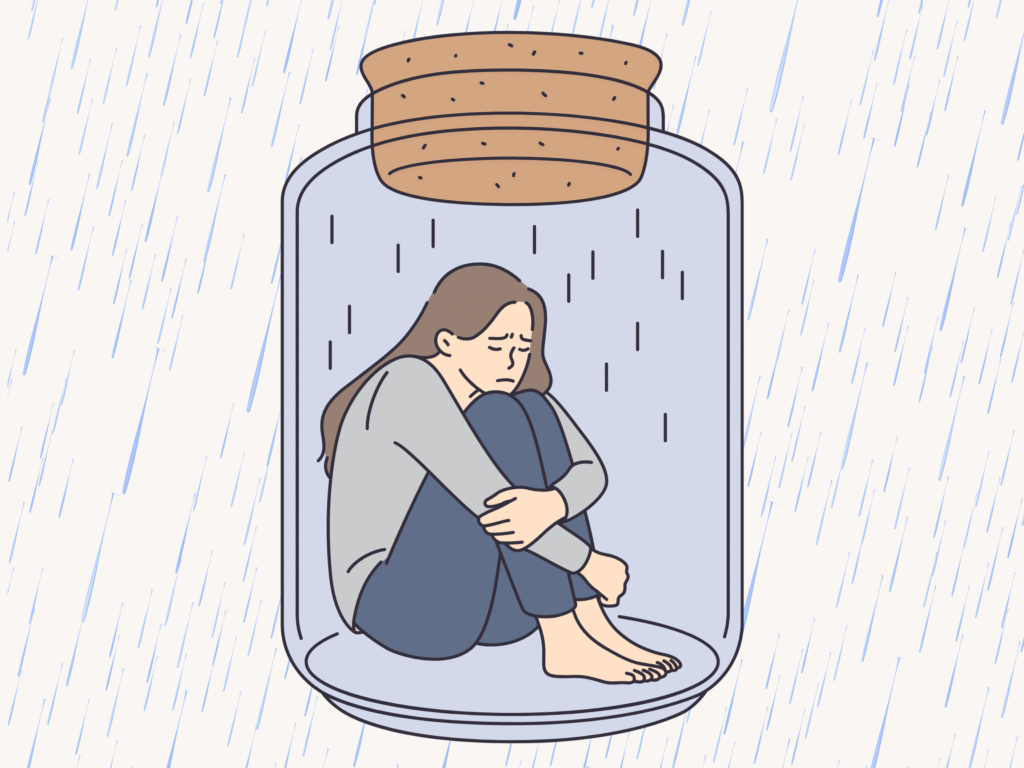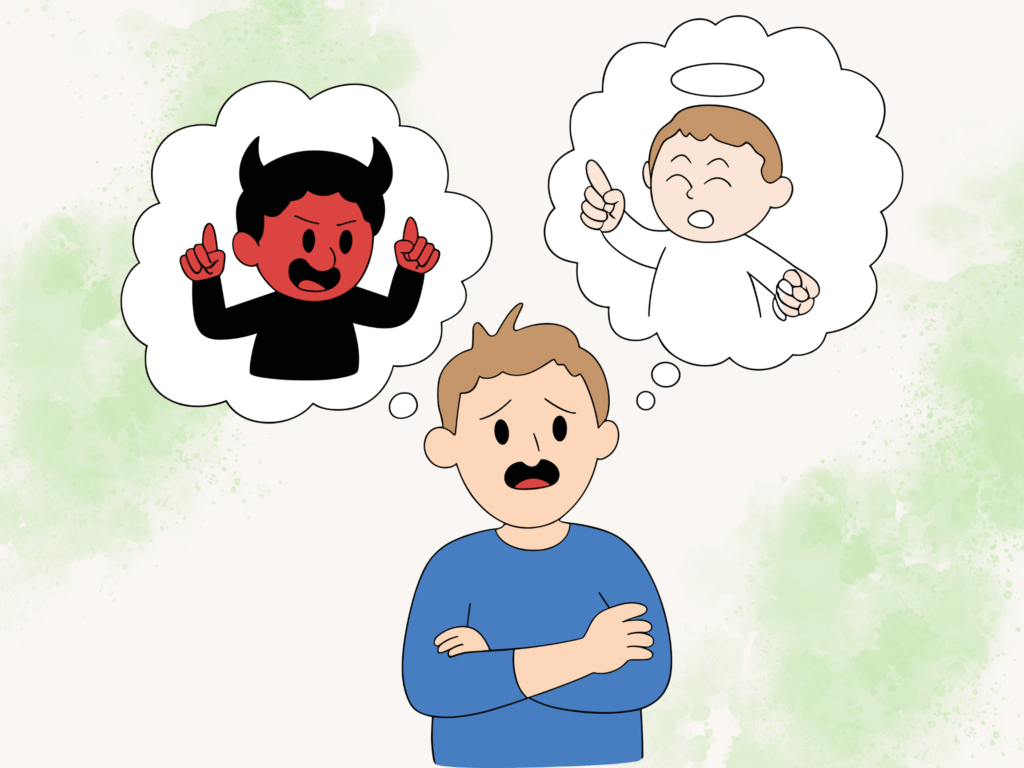
The Psychology Behind Saying “I’m Fine” When You’re Not Fine
Written by: Alishba Mahmood, Specialist in Mental Health Studies (HBSc), University of Toronto
Editor/Design: Kimmy Sze, MPS, Knox College, University of Toronto
Others: “Hey! How are you?”
You: “I’m fine.”
It’s completely natural to want to hide or change how we feel. But sometimes, the most powerful thing we can do is simply sit with our emotions, accept that we’re not okay, and honor ourselves for having the courage to feel. That, too, is a form of strength.
To cultivate emotional healing and become a more authentic version of ourselves, this blog outlines some practical reasons why we may hide our emotions, and offers healthier ways to work through them.
Understanding Emotional Suppression
Culture: If you grew up in an environment where being emotionally vulnerable felt unsafe, you may have learned to suppress your feelings in order to maintain peace or avoid judgement (Lina et al., 2022).
Perfectionism and Shame: Some individuals fear being seen as weak or unstable and may default to “I’m fine” to maintain an image of control.
Emotional Burnout: When you’re mentally and emotionally exhausted, pretending to be okay might feel like the only manageable option at the moment.
Low Self-Esteem: If you don’t believe your emotions are valid or important, you may suppress them to avoid “burdening” others. This often leads to a pattern of emotional minimization and detachment from your authentic self.
Understanding Emotions
Regardless of why we have difficulty facing our emotions, it is important to remember that feelings don’t last forever nor do they define who we are. Emotions simply convey information about our needs. Below are some examples of common emotions and what they might be trying to tell you:
Anger

Signals that a boundary has been crossed or a need is unmet.
It urges us to assert ourselves, protect our values, and address injustice or disrespect.
Anxious

Signals potential threats or uncertainty.
It prepares us to take protective action, plan ahead, or increase awareness of our environment.
Sadness

Signals a sense of loss, disappointment, or unmet emotional needs.
It encourages us to grieve, reflect, and seek connection or support.
Guilt

Signals that we’ve violated our own moral standards or harmed others.
It motivates us to seek forgiveness, learn from our actions, and restore trust.
Tips for Being More Honest With Yourself
1. Name it to Tame it: Put words to your emotions—are you feeling sad, tired, anxious, etc? Where do you feel it in your body (ex. sore jaw, tight chest, etc)? Identifying what you’re feeling can reduce the intensity of the emotion and help you process it more clearly.
A Feelings Wheel by Dr. Robert Plutchik is a great tool to practice with.
2. Find a Healthy Outlet: Journaling, therapy, meditating, drawing, or working out can help you release pent-up emotions in a safe and constructive way.
3. Replace “I’m fine” With Something More Honest: You don’t need to share anything that doesn’t feel comfortable, but instead try shifting your response to something more real, like:
“I’ve had better days, but I’m managing.”
“I’m going through a lot right now, thanks for asking.”
“I’m not great, but I appreciate you checking in.”
4. Offer Self-Compassion: Speaking kindly to yourself, as if you were comforting your younger self, can help you feel safer with your emotions. Try repeating gentle phrases like, “It’s okay that I feel this way” or “Doing my best looks different every day, and that’s okay.” You don’t have to agree with the feeling or understand it fully. Just allowing it to be there with kindness can make a big difference.
5. Ask for Support Before You Think You “Need” It: You don’t have to wait for a breakdown to reach out. Being proactive about your emotional health (just like physical health) can prevent burnout and help you stay grounded.
It’s Okay Not to Be Okay
Saying “I’m fine” might keep things simple in the moment, but living authentically requires us to get curious about our emotions instead of concealing them. Vulnerability can feel uncomfortable, especially if you’re not used to it. But leaning into that discomfort can build emotional resilience and deepen your relationships with your loved ones.
Using the strategies outlined in this blog (and more) with the help of an experienced professional can also be a big step towards understanding your emotions and healing from deep wounds. A free consultation with your preferred therapist and learning approach can be booked here.
*Disclaimer: The information in this blog post is for educational and informational purposes only and is not intended as medical advice. Should you have been struggling any emotional or mental health challenges and would like to seek professional helps, please talk to your family physician, or professionals like Registered Social Worker or Registered Psychotherapists.
References:
Butler, E. A., Lee, T. L., & Gross, J. J. (2007). Emotion regulation and culture: Are the social consequences of emotion suppression culture-specific? Emotion, 7(1), 30–48. https://doi.org/10.1037/1528-3542.7.1.30
Lina, L., Ciftci, A., & Kim, T. (2022). Cultural Values, Shame And Guilt, And Expressive Suppression As Predictors Of Depression. International Journal of Intercultural Relations, 89, 90-99. https://doi.org/10.1016/j.ijintrel.2022.05.005
Tyra, A. T., Fergus, T. A., & Ginty, A. T. (2024). Emotion suppression and acute physiological responses to stress in healthy populations: a quantitative review of experimental and correlational investigations. Health psychology review, 18(2), 396–420. https://doi.org/10.1080/17437199.2023.2251559
Understanding Why You Keep Saying “I’m Fine” When You’re Not. (2025). Mango Mental Health. https://www.mangomentalhealth.com/post/understanding-why-you-keep-saying-im-fine
Warning Signs and Symptoms. (2025). National Alliance on Mental Illness. https://www.nami.org/about-mental-illness/warning-signs-and-symptoms/





